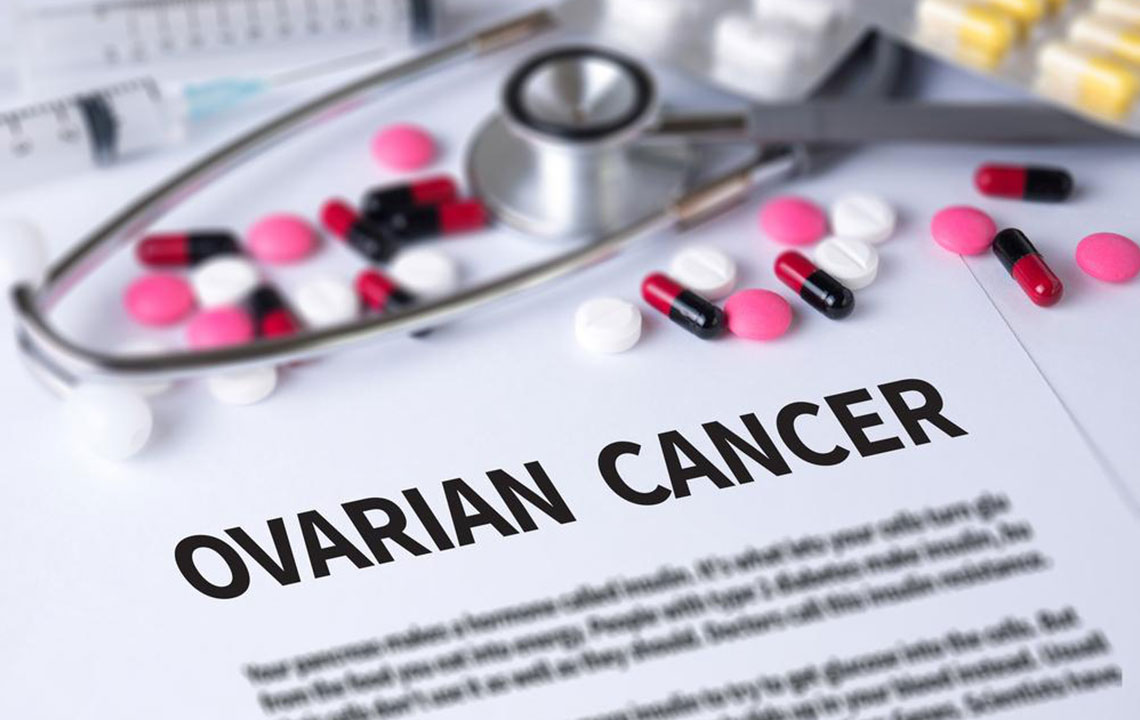Recognizing Early Indicators of Esophageal Cancer
Early detection of esophageal cancer is vital for effective treatment. Watch for signs like difficulty swallowing, chest pain, cough, and weight loss. Early diagnosis allows for better outcomes through surgery, radiation, or chemotherapy. If you experience these symptoms, seek medical advice promptly to improve prognosis and treatment success.
Esophageal cancer poses significant health risks and can lead to severe health deterioration if not detected early. It can cause weight loss, swallowing difficulties, and chest discomfort, impairing daily life. Early diagnosis and prompt medical attention are crucial for successful treatment. This article explores what esophageal cancer is, its warning signs, and treatment options.
Esophageal cancer begins when malignant cells develop in the esophageal tissues. It mainly starts in the inner lining and grows outward. The two main types are:
Squamous cell carcinoma—originates from abnormal growth of squamous cells, common in the upper and middle esophagus.
Adenocarcinoma—affects the glandular tissue in the lower esophagus.
Other rare forms include small cell carcinoma, lymphoma, and sarcoma. Recognizing early symptoms like difficulty swallowing, chest pain, persistent cough or hoarseness, and unexplained weight loss can aid in early detection. Treatments like surgery, radiation, and chemotherapy offer hope, especially if caught early. If symptoms appear, consult a healthcare professional promptly.
Disclaimer: Our articles provide helpful information but are not conclusive medical advice. Consult your doctor for personalized diagnosis and treatment.










